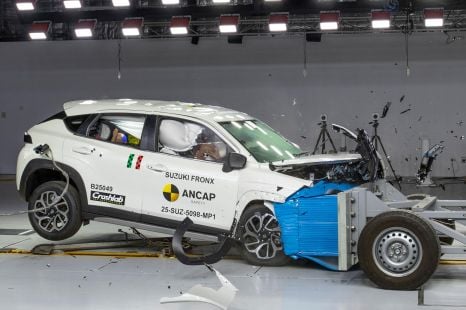

Damion Smy
Suzuki Fronx scores one-star ANCAP rating after seatbelt failure
7 Hours Ago
Volkswagen is reportedly preparing to close three of its German plants as part of a cost-cutting spree, amid competition from China.

Contributor
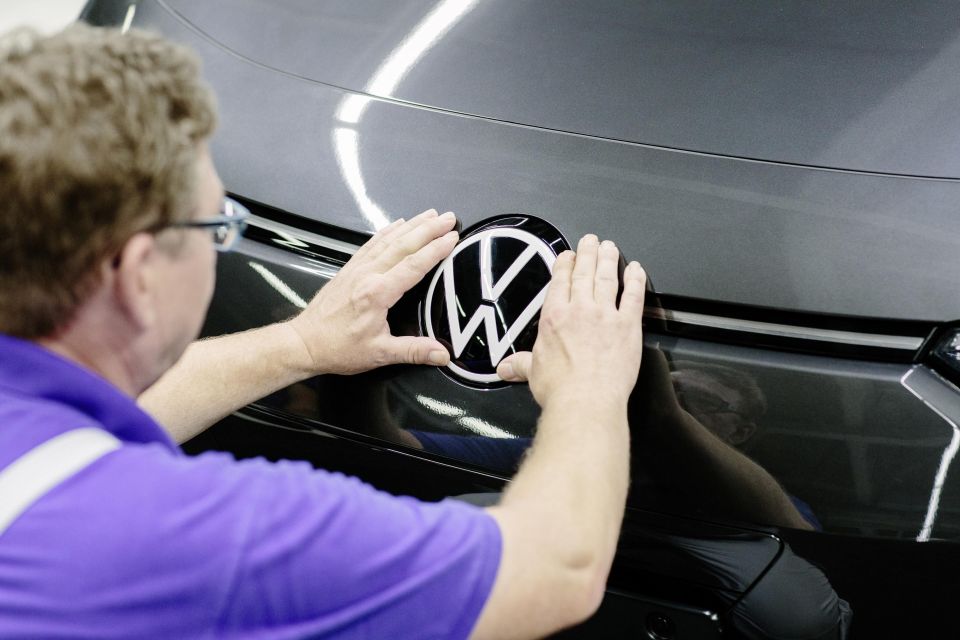

Contributor
A dramatic cost-cutting exercise by German auto giant Volkswagen could result in up to three factories being closed in its home country, the head of the manufacturer’s works council has told anxious employees.
Last month, Reuters reported that the Volkswagen Group is targeting savings of €10 billion (A$16.3 billion) by 2026. At the time, the carmaker’s works council said at least one vehicle plant and component factory were considered “obsolete”.
Volkswagen finance chief Arno Antlitz later attended a gathering of 25,000 workers at the company’s Wolfsburg headquarters, and said they needed to work with management to cut spending.
100s of new car deals are available through CarExpert right now. Get the experts on your side and score a great deal. Browse now.
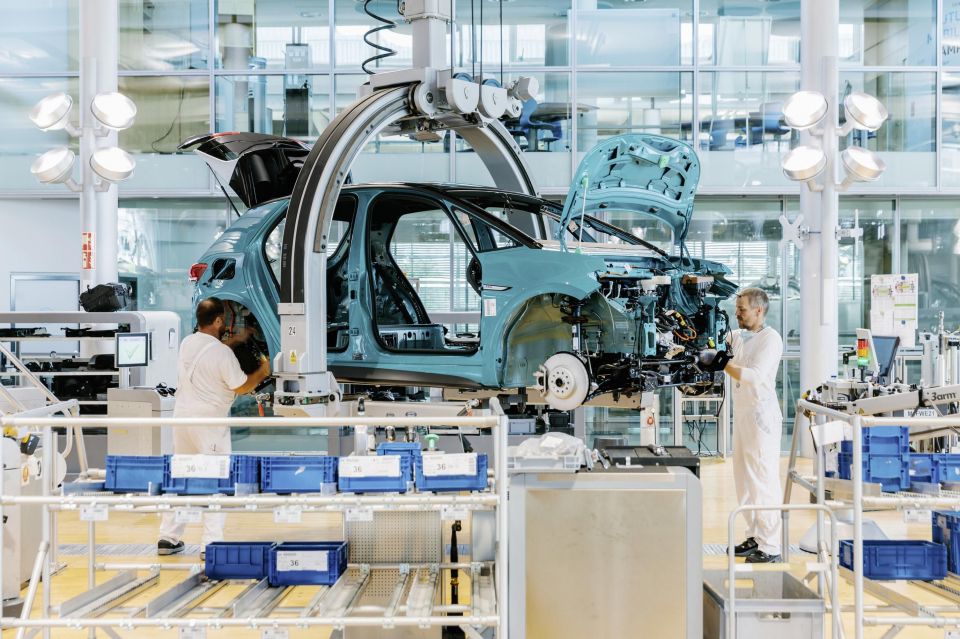
However, with talks ramping up between Volkswagen and the works council, the leader of the latter organisation, Daniela Cavello, has now warned staff that an announcement to close at least three factories is nigh.
“Management is absolutely serious about all this. This is not sabre-rattling in the collective bargaining round,” Ms Cavello said outside Volkswagen’s Wolfsburg factory, Reuters reports.
“This is the plan of Germany’s largest industrial group to start the sell-off in its home country of Germany.”
Volkswagen is reportedly due to table its official proposal to the works council on Wednesday (October 30), and it’s not yet clear how much of the carmaker’s 300,000-strong workforce in Germany could be faced with loss of employment.
Ms Cavallo also claimed Volkswagen plans to cut employee salaries by “at least 10 per cent”, and enter a pay freeze until the end of 2026.
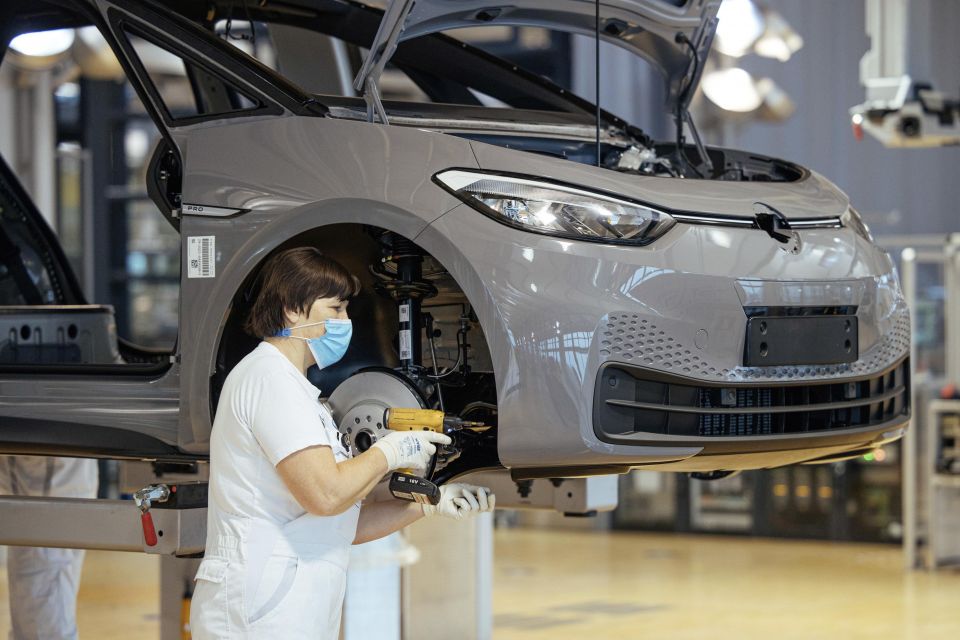
While Volkswagen’s workers have understandably insisted on the carmaker not shutting any of its German factories, executives detailed how dire the situation is.
“The situation is serious and the responsibility of the negotiating partners is enormous … Without comprehensive measures to regain competitiveness, we will not be able to afford essential investments in the future,” said Volkswagen Group board member Gunnar Kilian, reports Reuters.
Volkswagen brand CEO Thomas Schäfer reportedly said the company’s German factories were operating at 25 to 50 per cent above targeted costs, driving part of the company’s desire to cut expenditure.
As previously reported, analysts have previously projected that Volkswagen’s Osnabrück and Dresden factories are two of the most likely plants to be closed.
The Osnabrück factory, which dates back more than a century and previously produced Karmann vehicles, currently produces the soon-to-be-defunct Volkswagen T-Roc Cabriolet (convertible), and previously handled overflow production of the mid-engined Porsche 718 (Cayman/Boxster).
However, production of their all-electric replacements will shift exclusively to Porsche’s main Zuffenhausen plant in Stuttgart from next year, alongside the 911.
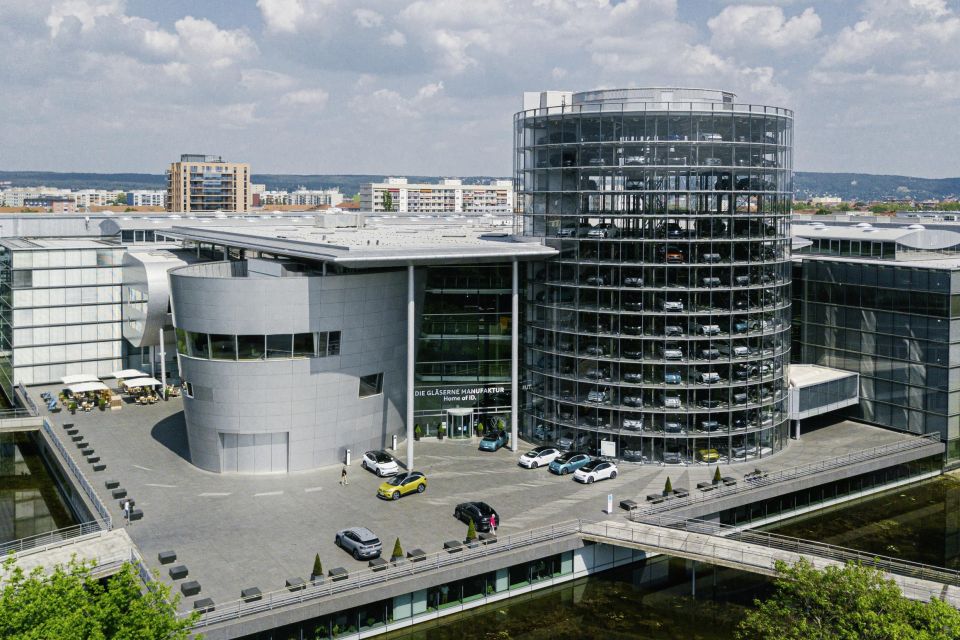
Meantime, Volkswagen’s Dresden factory – better known as the Gläserne Manufaktur or Transparent Factory – only builds the VW ID.3 electric hatchback, though it was originally built to produce the Phaeton flagship, opening in 2002 at the reported cost of €186 million (more than $300 million at the time).
The state of Lower Saxony – where the Osnabrück factory is based – is not only Volkswagen’s second-largest shareholder but has also supported the carmaker’s financial review.
Volkswagen Group Australia, which does not plan to transition to electric vehicles (EVs) as soon as its European parent, told CarExpert earlier this month the overseas cost-cutting is unlikely to affect its local operations.
“Our situation in Australia is unique in so many respects, not least of which is the fact our relationship with EVs is maturing,” said Volkswagen Group Australia corporate communications general manager Paul Pottinger.
“It’s not fully fledged or consummated as it is in Europe – we’re a completely different state.”
MORE: Volkswagen could close factories in bid to save billions – report MORE: Volkswagen tells angry workers big cuts need to be made, and quickly MORE: Volkswagen’s global cost-cutting won’t impact Australia
Born and raised in Canberra, Jordan has worked as a full-time automotive journalist since 2021, being one of the most-published automotive news writers in Australia before joining CarExpert in 2024.


Damion Smy
7 Hours Ago
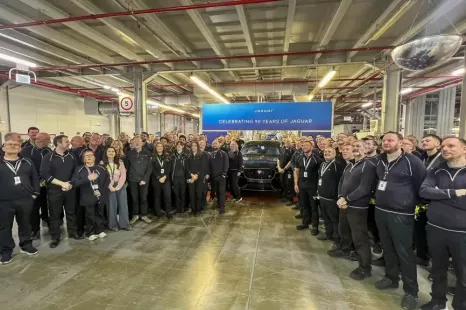

Damion Smy
11 Hours Ago
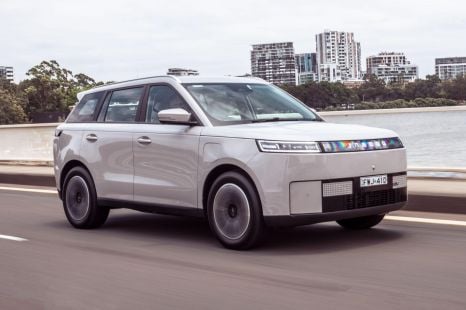

Josh Nevett
13 Hours Ago
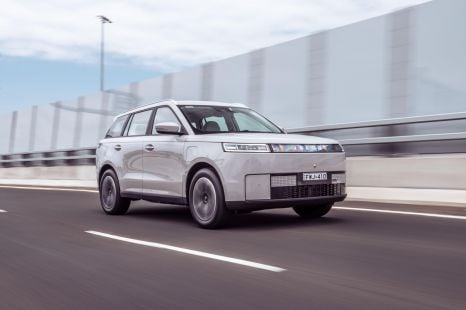

Josh Nevett
13 Hours Ago
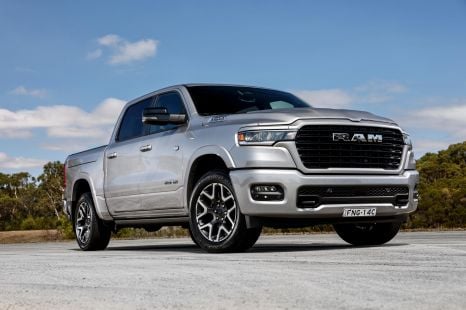

Damion Smy
13 Hours Ago
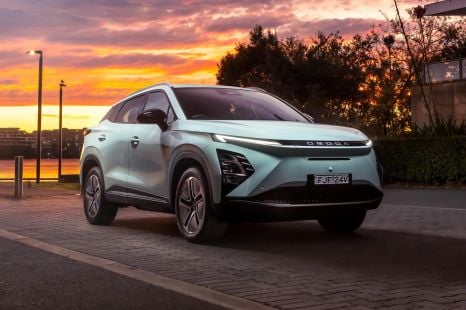

CarExpert.com.au
14 Hours Ago